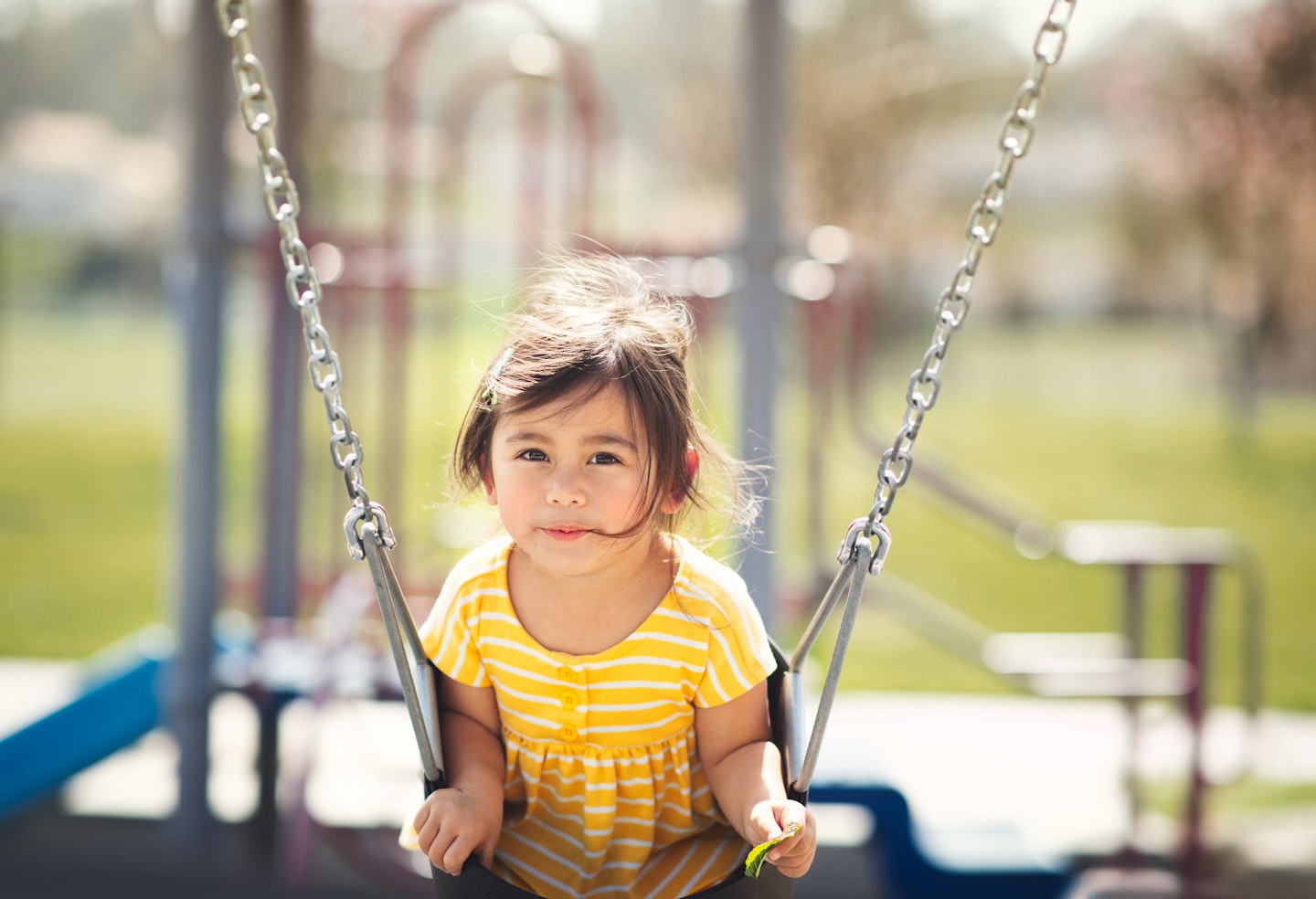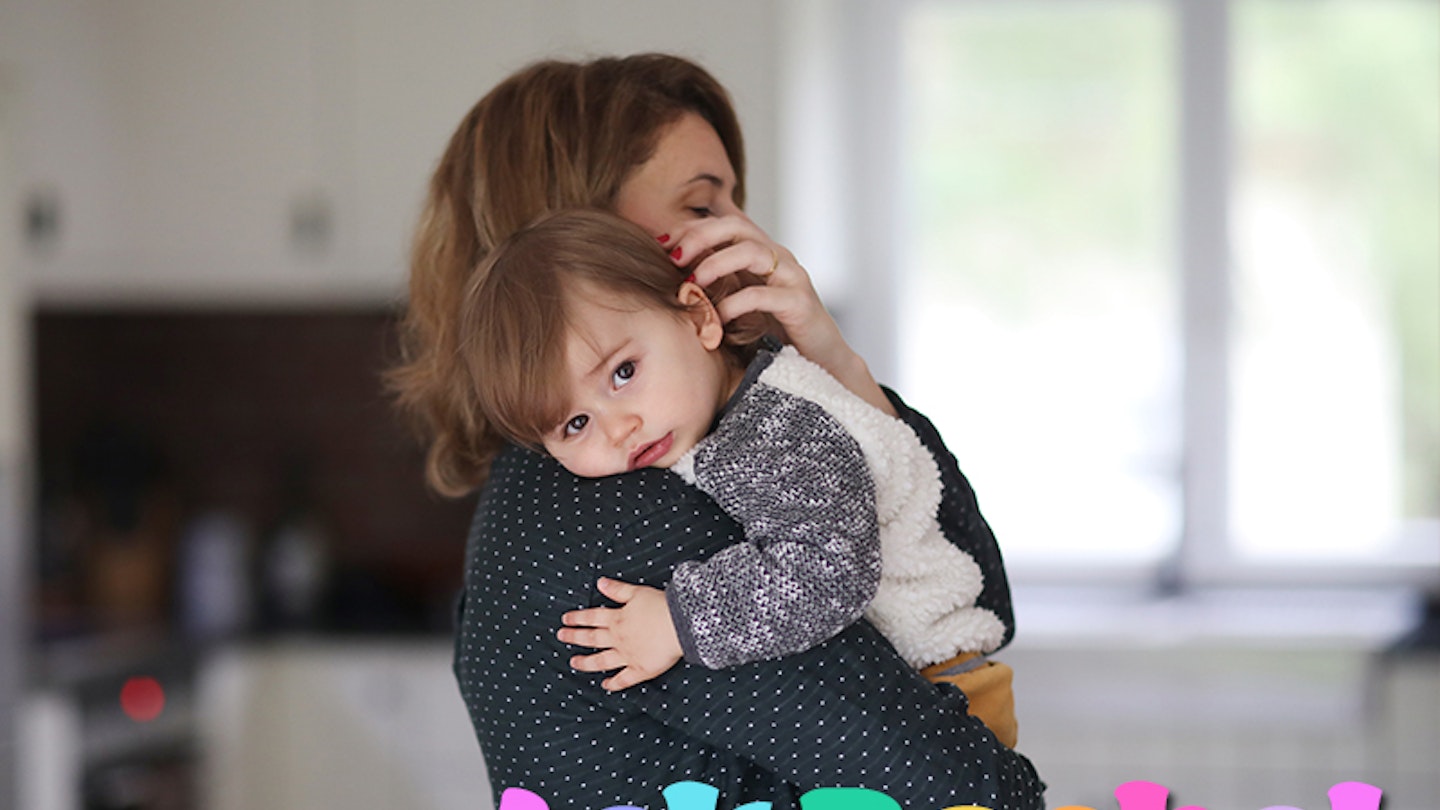I'm a first-time mum and am confused about the different parenting styles. Which one should I adopt?
Mother&Baby's resident parenting expert Rachel Fitz-Desorgher is here to help with all your questions around pregnancy, babies and toddlers. This week she explains the three main parenting styles and how they could impact your child.
When we imagine ourselves as parents we often have a very clear picture in our mind of how we will be. How we will talk to our child, how we will discipline them, how we will handle the challenges that come our way and how our child’s behaviour and personality will develop as a result.
Then we have a child and the way ahead suddenly seems a little less sure, and we find ourselves simply repeating the phrases our own parents used. We can read one of the many books on the market but they all seem to have a “one size fits all” approach which might not sit very comfortably with our own preferred style. So we talk to our partner and our friends and every other Tom, Dick and Harriet and still wonder whether we are doing a “good job”.
The model we have for parenting is, of course, the one with which we grew up. Our own experience of being parented has a deep impact on us and the language our own parents used quite literally becomes our script for when we get our turn at parenting. This is why, when things get tough, we hear ourselves using the same phrases we heard when we were knee-high to a grasshopper - it’s an automatic response.
One thing is for sure, we all want a well-brought-up child. So how can we decide on our own path towards that goal, keeping the bits that were useful from our own upbringing and ditching those that really didn’t help at all?
First things first ... we need to decide what we mean by “well-brought-up” and what a “well-brought-up” child looks like. This seems obvious - surely we all hold the same things to be important? But, whilst holding a knife and fork correctly are important in some households, in others, it’s fine to do whatever you like as long as the food gets in the mouth! Some households insist on leaving shoes at the door whilst other homes are a “keep them on” sort of place.

So grab a piece of paper and a pen and write down what behaviours you like to see in a child and what behaviours you don’t like. Ask your partner to do the same - you might be surprised at where you agree and where you really don’t see eye to eye. Talk about this and decide what is important to both of you and what really doesn’t matter to either. Accept that there will be some things which don’t bother one parent but drive another parent completely scatty. You might have to agree to be tolerant and accept a bit of a compromise. Don’t worry about your differences - if a child grows up knowing that Dady doesn’t mind elbows on the table at mealtimes but if Mummy catches you, it spells trouble, then she will simply learn that people are different and she has to adjust her behaviour according to who is around. We all do that and it’s a great life skill to have!

How we let our children know what standards we expect and then ensure that they meet those standards is the process we call discipline. Most people think the word discipline means punishment and control but it is actually taken from the word “disciple” and remembering that can really help us understand how to parent in a thoughtful, respectful and appropriate way. The word conjures up watching, learning and, certainly, love and respect for the teacher. So, think of your child as your disciple.
Of course, our children come to us with no knowledge at all of the world. This makes our job a challenging one as we are starting from scratch. On the other hand, they have no pre-conceived ideas and this allows us to install our values more easily - at least until they start nursery...
Let’s think a bit more about different parenting styles then. If you look around you, you will see that there are 3 basic different styles of parenting:

This is the classic strict way of parenting and what many people think of when we talk about discipline. The parent is THE BOSS! The child gets little if any say in the important things in life because the parent “knows best!” and tells the child in no uncertain terms. The parent has all the power and wields it, sometimes in a frightening way. This may work in the short term but there are 3 responses that a child may have: fight, flight or submission.
Fight - this child appears to go along with the adult but harbours anger and even hatred. She plans her revenge. If she tries to stand up for herself she may get physically or emotionally hurt which, in turn, may lead to more hatred and a hardened personality.
Flight - this child withdraws from the danger by keeping out of the way physically and emotionally. She may end up unable to respond to adults who are not authoritarian and so struggle to get her own needs met.
Submission – this child decides early on that her needs are of no value and so she just submits to the adult. She may grow up with little self-worth and learn to give in at the slightest provocation.
The authoritarian parent gets their own way but damages the self-esteem of others - particularly children who have not yet learnt the adult skill needed to deal with this style - and is feared.
Permissive parenting style

This is the other side of the coin. The permissive parent appears loving and kind and seems to do all the right things but all at the expense of their own needs. This parent likes to explain every decision at great length and then compromises on every point to avoid upsetting or frustrating the child. They allow their child to walk all over them. This parent gives and gives but it is never enough. They are taken for granted and never recognised for all the work they do. They often end up full of resentment towards their child and partner.
The child responds to permissiveness with dislike. He may take the adult for a ride and actually despise them for not standing up for themselves. This child will push and push against the adult, trying to get some clarity about what the standards actually are and where the line is drawn over which he cannot cross. The child has too much power and may become aggressive and disregard the needs of others. People outside the family might find this child quite difficult to warm to, and he could have a very tough time when he goes out into the world of school and realises that other people won’t bend to his every whim.
Assertive parenting style

The assertive parent aims to work constructively with the child to come to mutually acceptable solutions that take account of everyone’s’ needs, rights and feelings. However, if they need to “pull rank” they are not afraid to do so whilst ensuring that the child”s upset is acknowledged - they have the ability to be authoritative without being authoritarian. This parent is straightforward and honest when communicating and will also engage and listen thoughtfully to others. They value their own skills and experience and will use them to help their child when appropriate but is also able to sit back and allow her to struggle at a task so that she can have the joy of discovering and developing her own skills and strategies.
The assertive parent takes responsibility for meeting their own needs and supports their child to learn to do likewise. When necessary, they will challenge their child’s behaviour in a way that protects her self-esteem. In essence, power and responsibility is shared.
Think back over your own life and see if you can remember examples of each style. It might be parents, teachers, bosses ... Think about how you felt and which style brought out the best in you.
In truth, most parents will use each style at times but the one they use the most is what is important. Even the most assertive parent has days when they lose their rag and fall back on a more punishing or permissive style. Accept your human limitations, be honest with your child about your shortcomings and move on.
With good parenting enough of the time, we hope to bring up a child who can understand their own feelings and needs as well as those of others and can exercise the self-discipline needed to make their way in the world humanely. Well-brought-up children are a pleasure to be with most of the time and are neither submissive nor domineering. They are polite and respectful and are able to stand up for themselves when needed. Best of all, when they grow into adults, we still want them in our lives.
Read more advice from Rachel:
Ask Rachel:"Can you get pregnant when breastfeeding?"
Ask Rachel: "Why won't my baby won't stop crying at night?"
Make sure you're following Mother & Baby on Instagram for relatable memes, inspiring stories and parenting hacks!
Have approx 60 seconds to spare? Why not join thousands of mums-to-be and start your very own Amazon baby wish list! They're absolutely free to create and perfect to send to the friends, aunties and your mum to make sure you're getting the baby products you really need...Click here!
For parenting tips, tricks and advice you can trust, click here to download a free digital issue of Mother and Baby magazine.
